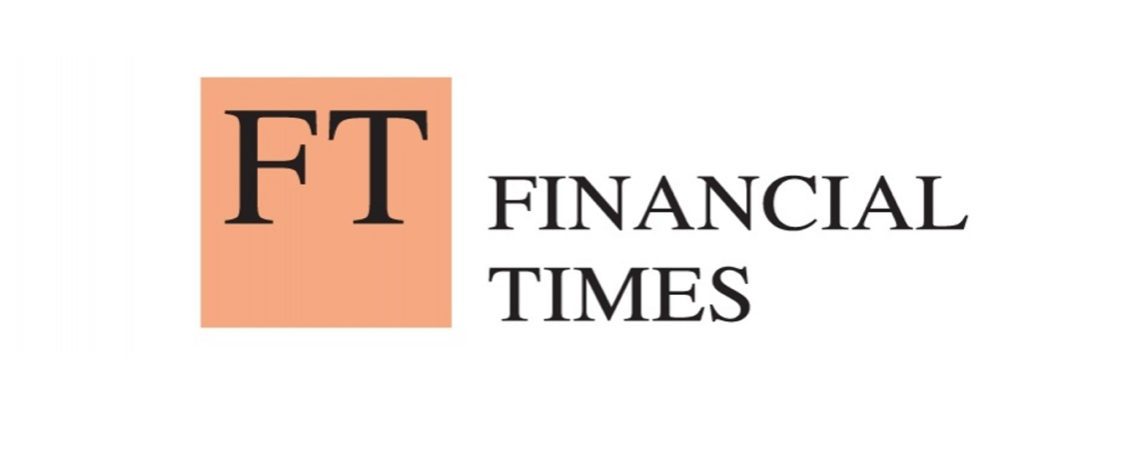Global foreign direct investment contracted sharply in the first half of this year as trade tensions between the US, Europe and China weighed on the world economy.
The flows fell by a fifth in the first six months of 2019 compared with the second half of the previous year, to $572bn, according to data from the OECD. The drop was particularly concentrated in the second quarter, when flows contracted by 42 per cent.
FDI flows into the US dropped by more than a quarter from the latter half of 2018 to the first half of 2019, to $151bn, while flows into the EU dropped by 62 per cent to $107bn.
By contrast, flows to China increased by 5 per cent to $82bn. FDI flows from China to the US peaked at $16bn in the second half of 2016 and have since fallen to less than $1.2bn as Chinese companies invest less and sell off some of their holdings, the OECD said. “These developments likely reflect, in part, uncertainty over trade tensions and the future economic relationship between [the US and China],” said Maria Borga, an OECD statistician.
Bilateral trade has also shrunk: exports between the two economies contracted by 10 per cent in August compared to the same month last year. Average US import tariffs on Chinese goods rose to 21 per cent in September, from 3 per cent in 2018, according to the Peterson Institute for International Economics. The two countries are reported to be close to finalising a trade deal that could relieve the tensions; however it remains possible that the US could levy tariffs on European cars.
Recommended Simon J Evenett What could seal a deal to end US/China trade war? Other countries were also affected by the global investment slowdown. FDI into the UK dropped from $44bn in the second half of 2018 to $19bn in the first half of 2019, after falling 33 per cent in 2018, as investors braced for its departure from the EU.
The US-China trade war and the weakening of global trade and investment has led some economists to call into question the future of globalisation. The number of new investment restrictions or regulations rose by nearly 50 per cent in the five months to February compared to the previous five months, according to the latest data from the United Nations Conference on Trade and Development (Unctad).
The rise pushed the share of restrictive investment policies to 34 per cent, the highest proportion since 2003. There are rising concerns that the world would “split into competing regional blocs that do not co-operate on trade or investment”, said Andrew Kenningham, economist at Capital Economics.
US reinvested earnings turned positive in the first half of 2019, after being negative last year as companies repatriated profits following Donald Trump’s 2017 tax reform. But they remained lower than the half-year levels recorded between 2013 and 2017.
“This could reflect a “new normal” as US companies have less incentive to hold cash at their foreign affiliates as a result of the tax reform”, the OECD said.
To read the original article: Click here

